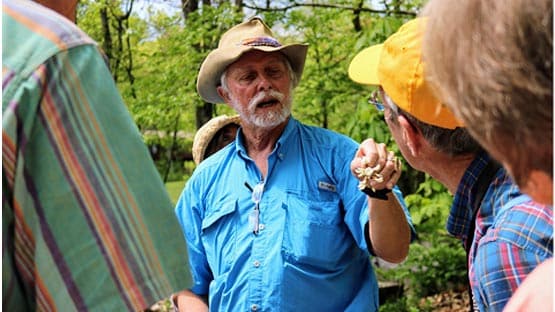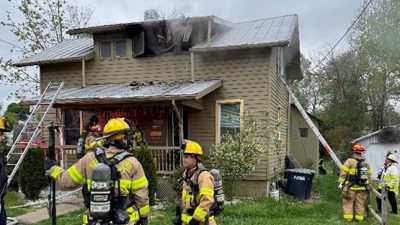
I had the opportunity to speak to a few staff members of Stuart Hall School’s yearbook on Friday afternoon.
They are attempting to launch an online newsletter and wanted feedback on the newsletter, but also wanted to talk about how to be a journalist. What to do, what not to do.
I confess I shared some industry secrets. Some tips that have helped me along the way since I began as a writer for my college newspaper in 2003. Some helpful hints for when they get out in the real world so they don’t make mistakes I made.
What I came away with from the discussion was that these students are aware of what’s going on: locally and nationally. They care and they want to make a difference with an online newsletter.
They have been waiting for a response from the school’s administration for permission to do the newsletter. I posed the question: if administration does not approve or continues to stall on the decision, why not have the newsletter anyway? Their teacher could not be involved, which would be unfortunate because she really enjoys working with them. And she’s lucky to have such a great group of students. But it would not be fair for her to risk her position at the school.
At my college, the University of Mary Washington, I knew we were fortunate to have the freedom to write about whatever in our newspaper. Although once a women’s only college and in a conservative town, my college’s newspaper took risks.
I know these yearbook students attend a private school in Staunton and will have their content censored to some degree because they are minors. But their drive to get this online newsletter going inspires me. And isn’t that what journalism is all about? Sharing information with your readers. All of the information. I’m so glad they already get that. Because that’s something their teacher can’t teach them and I can’t explain or show them. As journalists, getting stories and informing the public have to be natural instincts.
I answered a lot of interesting questions. Stuff I hadn’t thought about for years. Ironically, I started as a member of my high school’s yearbook staff for three years. Stuart Hall School lost a student unexpectedly last week and they asked if it would be appropriate for them to have an in memoriam for her in the yearbook this year. Should it be a small tribute or an entire page? Sadly, my high school yearbook had in memoriam page my junior year for a student who had graduated the year before and then passed away. In college, we also had an in memoriam page for a student who died in a car accident. I encouraged Stuart Hall’s yearbook staff to do a full page for their classmate, and to get permission from the student’s family and have their full support.
I wish my high school classmates and I had had half the motivation the yearbook staff at Stuart Hall has, but we attended high school in the mid-1990s. Life was different then. It seems so much more urgent and important now to get information out in a monthly newsletter.
The students are more ready than I was at their age. The questions they asked proved that to me.
I know the school administration has a reason for stalling in their decision to allow the Stuart Hall yearbook staff to have an online newsletter. And maybe a few weeks from now they will approve the initiative, but if they’re wondering what my two cents is: let the students have their online newsletter. Now.










